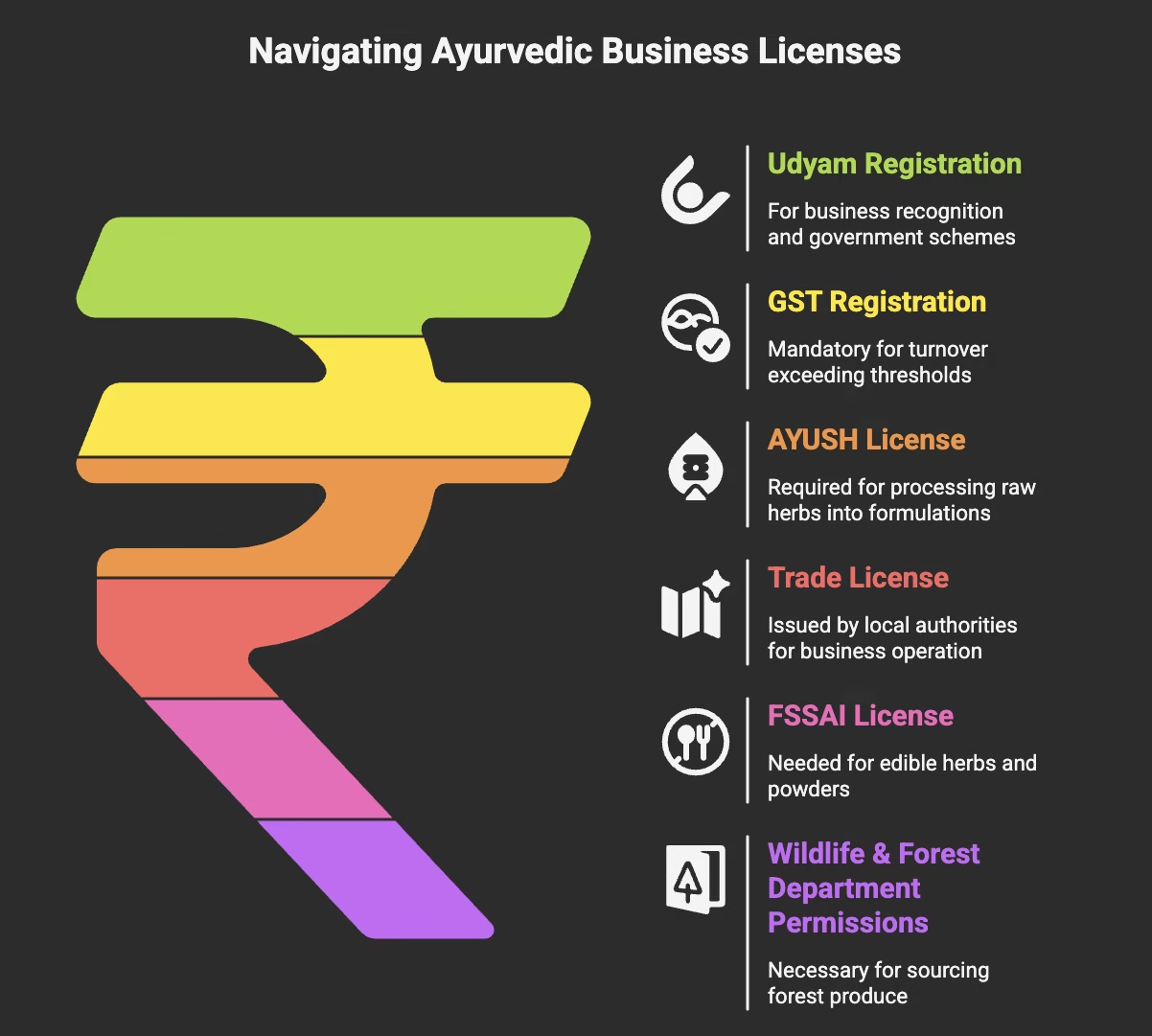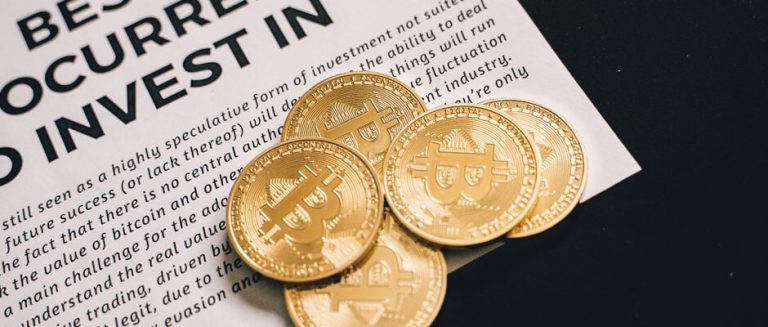What Are the Regulatory Requirements for Selling Ayurvedic Raw Material?
Table of Contents
Introduction
If you’re trading or planning to trade Ayurvedic raw material, understanding India’s regulatory framework is essential.
Whether you deal in herbs like Ashwagandha, Shatavari, or Giloy, compliance ensures you avoid legal risks, maintain product credibility, and build long-term buyer trust with clinics, manufacturers, and retailers.
This guide breaks down the core licenses, documentation, and operational rules every Ayurvedic raw material trader should know.
What Licenses and Registrations Are Required to Sell Ayurvedic Raw Material?
To legally operate in India’s herbal trading sector, you may need one or more of the following:

- Udyam Registration (MSME License) – For business recognition and access to government schemes.
- GST Registration – Mandatory if your turnover exceeds ₹40 lakh (₹20 lakh in special category states) or if you sell inter-state.
- AYUSH License (for Processing or Manufacturing) – Required if you convert raw herbs into finished formulations.
- Trade License – Issued by the local municipal authority for business operation.
- FSSAI License (for Edible Herbs/Powders) – If your Ayurvedic raw material is consumed directly (e.g., Amla powder, Giloy juice).
- Wildlife & Forest Department Permissions – Needed if sourcing forest produce like Neem bark, Giloy stems, or Safed Musli.
Pro Tip: Traders who store and package raw herbs without altering their form often need only GST and Udyam registration, but processing requires AYUSH approval.
What Documentation Is Needed for Compliance?
- Invoice and Batch Records – Maintain purchase and sales invoices with batch numbers for traceability.
- Certificate of Origin – Shows where the Ayurvedic raw material was sourced.
- Lab Test Reports – For quality assurance and to meet AYUSH or export requirements.
- Transport Permits – Especially for the interstate movement of regulated forest herbs.
- Stock Register – Helps in inspections and prevents disputes.
How Quality Standards Affect Your Selling Rights
The Drugs and Cosmetics Act, 1940, governs Ayurvedic, Siddha, and Unani drugs in India.
Even raw herbal materials must meet standards for purity, moisture content, and absence of contaminants.
- Heavy Metal Testing: Required for herbs used in medicine.
- Moisture Control: Prevents fungal growth during storage.
- Proper Labeling: If pre-packed, labels must include botanical name, batch number, and net weight.
How Buyer Type Impacts Your Regulatory Responsibility
- Selling to Ayurvedic Clinics: Usually lower compliance burden, but buyers prefer lab-tested material with source details.
- Selling to Manufacturers: Higher compliance, AYUSH, lab tests, and documentation are mandatory.
- Exporting: Requires APEDA registration, phytosanitary certificates, and compliance with the importing country’s herbal product laws.
Credit vs. Upfront Payment Compliance and Risk Perspective
While credit terms don’t directly fall under regulatory requirements, they affect financial stability and your ability to meet compliance costs (licenses, lab tests, storage upgrades).
- Small Traders: Stick to upfront or short credit cycles (7–15 days).
- Large Suppliers: Can extend longer credit due to stronger cash flow and better compliance reserves.
Conclusion
Selling Ayurvedic raw material is not just about sourcing and pricing; it’s about legal compliance, quality assurance, and proper documentation.
By securing the right licenses, maintaining transparent sourcing records, and meeting quality standards, you can access bigger markets like manufacturers and exports while avoiding legal hurdles.
Frequently Asked Questions (FAQ)
Q1: Do I need an AYUSH license to sell raw herbs?
A: Not if you’re only trading raw material without processing. Processing or converting into formulations requires AYUSH approval.
Q2: Is GST mandatory for Ayurvedic raw material traders?
A: Yes, if your turnover crosses the exemption limit or you sell interstate.
Q3: Can I sell forest-sourced herbs without permission?
A: No. Forest department permits are required for certain herbs under the Indian Forest Act.
Q4: What documents do buyers expect from a compliant trader?
A: Invoice, batch details, lab test report, and certificate of origin.
Q5: Do I need FSSAI registration for herbal powders?
A: Yes, if the product is meant for direct human consumption.
Also Read,
- The Ultimate Guide: Working Capital Loans for Small Business (MSMEs) in 2025
Understanding the Impact of Payment Terms on Working Capital for Clinics
How Poor Inventory Management Hurts Working Capital in Pharmacies.
Want a Better Business Credit Score? Small Pharmacies Can Now Use UPI & Cards to Build It
Want a Better Credit Score? Use Small Daily Payments to Build Your CBIL (For Clinics & Pharmacies)
Case Study:How a Small Clinic Improved Its Working Capital Management





